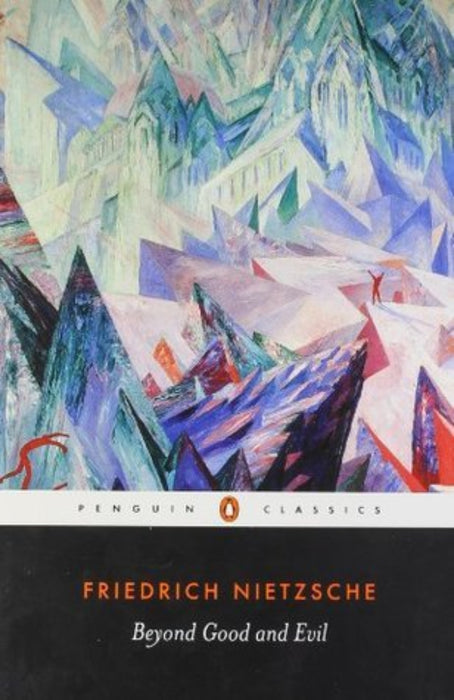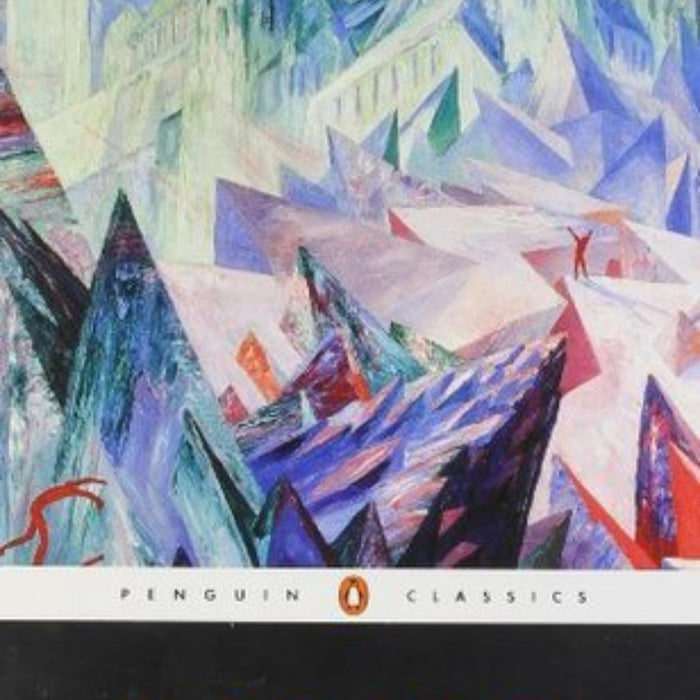Beyond Good And Evil Friedrich Nietzsche (Author)
- Publisher: PHILOSOPHY
- Availability: In Stock
- SKU: 53544
Rs.399.00
Tags: A + Quality , A Plus Quality , best books , Best Price , Best Quality , Best Selling Books , Beyond Good And Evil , Beyond Good and Evil Analysis , Beyond Good and Evil Quotes , Critique of Traditional Morality , Ethics and Morality , Existentialism , Free Will and Determinism , Friedrich Nietzsche , German Philosophy , Human Existence and Meaning , Master-Slave Morality , Nietzsche and Postmodernism , Nietzsche and Religion , Nietzsche and the Overcoming of Good and Evil , Nietzsche Philosophy , Nietzsche's Impact on Modern Thought , Nietzsche's Influence on Modern Philosophy , Nietzsche's Will to Power , Nietzschean Philosophy , Nihilism , ONLINE BOOKS , Online Bookshop , Penguin Classics , Penguin Classics Beyond Good And Evil , Philosophical Classics , Philosophical Works for Beginners , Philosophy and Ethics , Philosophy of Freedom , Philosophy of Truth , Psychological Insights in Nietzsche’s Work , Self-Overcoming , The Concept of the Eternal Recurrence , The Death of God , The Übermensch , Theories of Morality
📖 Title Name: Beyond Good and Evil
✍️ Author: Friedrich Nietzsche
🔹 Introduction:
Beyond Good and Evil by Friedrich Nietzsche is a seminal philosophical work that challenges conventional moral values and explores the nature of truth, morality, and human psychology. Written with sharp insight and provocative arguments, Nietzsche dismantles traditional notions of good and evil, urging readers to question societal norms and think independently. The book is a cornerstone of modern philosophy, addressing ethics, culture, and the human condition.
🔑 Key Points:
-
Critiques traditional morality and exposes the limitations of conventional ethical frameworks.
-
Introduces the concept of “will to power” as a driving force in human behavior and society.
-
Explores the psychology of truth, knowledge, and the subjective nature of perception.
-
Challenges religious and cultural dogmas, advocating for independent thinking and self-mastery.
-
Highlights the importance of creating personal values rather than blindly following societal norms.
🖋️ Conclusion:
Friedrich Nietzsche’s Beyond Good and Evil is a bold and timeless philosophical work that continues to provoke thought and debate. By questioning morality, truth, and human behavior, Nietzsche inspires readers to think critically, cultivate intellectual freedom, and explore the depths of human potential.

























